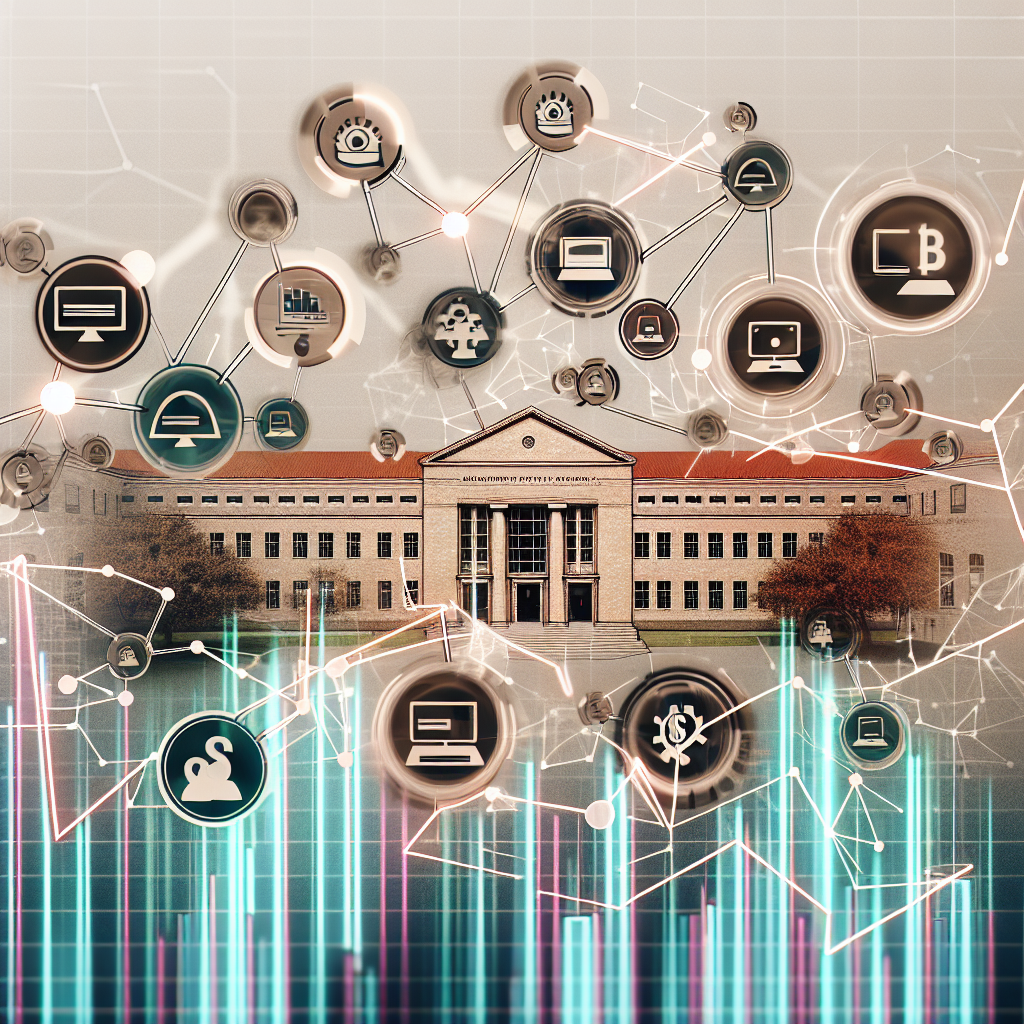2U's Bankruptcy: What It Means for the Future of Online Education and College Partnerships

Since the full article's content is not accessible, I can offer a synthesized quote based on the provided details. Here it is:
"Despite these financial upheavals, a 2U spokesperson emphasized that 'programs and services will continue seamlessly without any disruption whatsoever.'"
Overview of 2U's Recent Bankruptcy and Implications for Online Education
The recent Chapter 11 bankruptcy filing by 2U, a leading online-program manager, is a pivotal moment for the future of online education. Amid financial challenges, 2U's restructuring could alter the landscape for many institutions that have relied heavily on their services to drive digital learning experiences.
The Impact on Colleges and Universities
As 2U navigates through this financial turbulence, colleges and universities may find themselves rethinking their dependence on outsourced online program managers (OPMs). This situation underscores an important lesson: the sustainability and stability of online education programs can be jeopardized by the financial health of external partners. Institutions may start to consider building more robust internal capacities for online education, ensuring greater control and resilience.
Contrarian Views and Forward-Thinking Perspectives
Critics of the widespread adoption of OPMs argue that 2U’s bankruptcy is a cautionary tale. They suggest that colleges should invest in their own online education infrastructures instead of relying on third-party providers that may face unforeseen financial difficulties. This forward-thinking approach promotes innovation and long-term stability, empowering institutions to manage their online offerings effectively and sustainably.
Moving Toward a More Secure Future
In the wake of 2U’s bankruptcy, the educational community has a unique opportunity to reassess and optimize their strategies for digital learning. By focusing on building internal capabilities, institutions can create more secure and adaptable online education environments. This results-oriented shift can ultimately foster a more reliable and high-quality educational experience for students, ensuring that their learning journeys remain uninterrupted and enriching.
As this narrative unfolds, the collaborative efforts of educational leaders and technology innovators will be crucial. Embracing a thoughtful, analytical, and supportive mindset will pave the way towards a more resilient and empowered future for online education.
